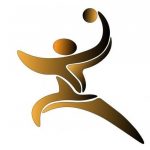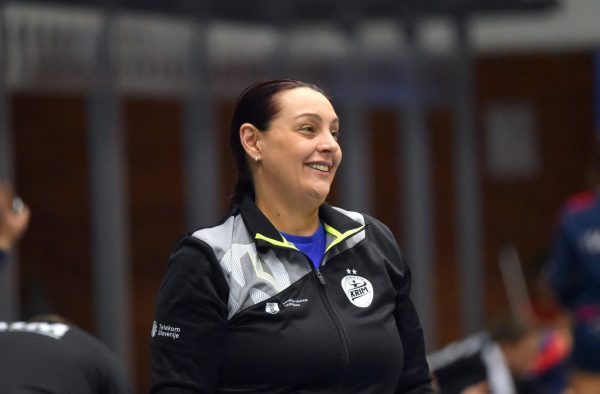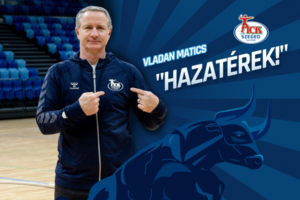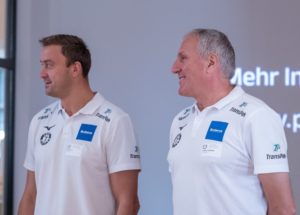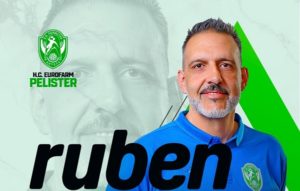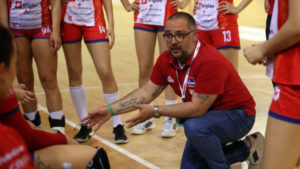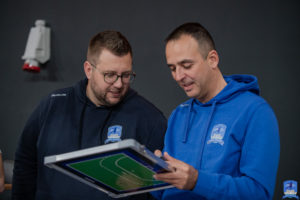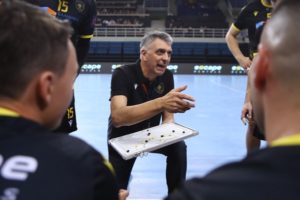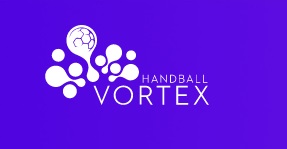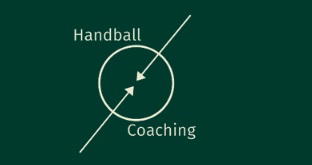20 years ago, RK Krim Mercator won the title of the Champions League, and goalkeeper Branka Jovanović was also in the team at that time. She started her coaching career in the Serbian national team, and now she is successfully coaching the goalkeepers of the Slovenian national team and the Ljubljana women’s handball club. She came to Crimea in 2017 as an assistant coach, later devoting herself to handball players between the tripods.
What is the reason you chose the goalkeeper position?
Every handball player wants to be a player first, not a goalkeeper. So it was with me. My wish was to play on the wing position, but since my sister was the goalkeeper (she defended for Buducnost, in Iceland and Norway), they put me in the goal. I proved myself between the tripods and in the end the position of goalkeeper came close to my heart.
As a handball player, have you ever considered becoming a goalkeeping coach after the end of your career?
During my career, I did not think about the role of a coach. However, it is quickly seen who has potential in this area as well. This is especially evident in the interest in analyzing competitors. As a goalkeeper, I knew all the actions of the players, how they shoot and how to defend their shot. This is the only acting position where you have to know everything in order to be able to function properly and defend yourself. As a coach, I have already tried my hand at the invitation of my friend Milena Delic, the then vice president of the Handball Federation of Serbia.
Like coach Uroš Bregar, you are torn between club and national handball. What are the biggest differences in work in both environments?
In the past, most of the national team players were from Crimea, so there was no big difference in tactics and playing. In recent years, the situation has changed, because we have less time to prepare due to more competitions. We arrive at the preparations ten days before leaving for the championship, I have only three days ahead of the qualifying part. In the national team, we need more time to prepare and play, while you are at the club level every day with the players.
How has the training process changed from the time you were a goalkeeper to the present day when you were a coach?
The training process has not changed significantly. The advantage of today is the greater presence of technology. In my time, we didn’t have so many shots with which we could analyze the opponent, but in the match we understood what kind of team we were playing against. Throughout my career, I have been fortunate to work with top coaches who have taught me many things. Both before and today, you need to train and do your best. You can’t be the best at a certain thing tomorrow, you will see progress in time.
What is your biggest challenge?
My goal is for all the goalkeepers and handball players I work with to become good athletes. Which means not only good handball, but also good people, to know how to function in the team and give the maximum for their teammates. It means a lot to me when I see my former protégés that they have succeeded and that they may even be among the top goalkeepers to create their future.
What is your first association with the importance of RK Krim Mercator?
The first thing that comes to my mind is Zoran Janković, then Vinko Kandija, the Champions League, friends and memories. It’s hard to explain to those who weren’t around when I was part of the team, but we were like one big family, we lived for handball. We knew that one day we would train to win the championship. When I look back, the feeling is priceless. Zoran Janković was the president in the true sense of the word. He helped not only the club but also the handball players. Crimea gave me friends who remember me 20 years later.
What is the best advice you have received so far?
I remembered the advice from the book about goalkeepers that I received after the game, when we beat our rivals high. It goes like this: „A good athlete only remembers defeats.“ At first, this advice was not completely understandable to me, but I understood it over the years and experience. At that time, I was thinking what I could do even better next time, why I didn’t defend two balls anymore, why I didn’t defend three more because we might win. Today we think differently, it is important to be positive. I am glad that I grew up in different circumstances, that I always strived for the better and strived to do what I had to do to achieve a certain result.
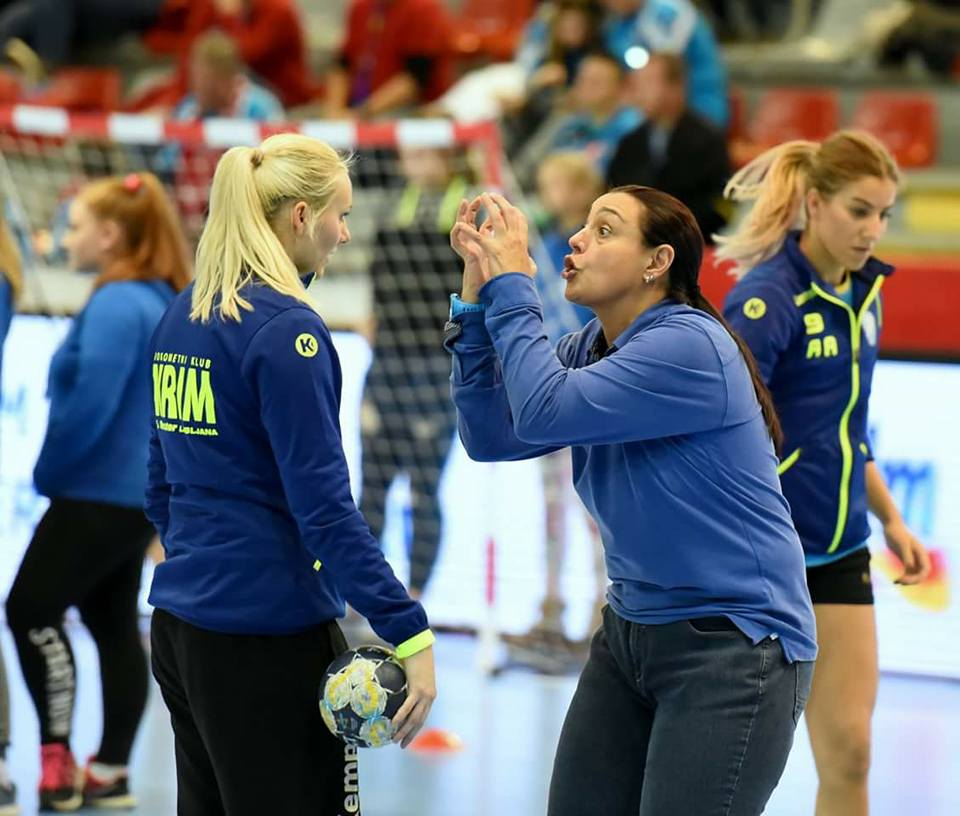
How do you feel in Ljubljana?
I feel at home in Crimea. I simply adore Ljubljana and it doesn’t matter if I’m here or at home in Belgrade. Everyone loves their home, but here I feel like I belong here. I have friends here, people I have known for a long time. This is my club.
Is it harder today to motivate girls when more technology is available than it was to you when this distraction did not yet exist?
Sport and competition are motivation. No professional athlete needs additional motivation, after all, everyone wants to win. Of course we talk, encourage and motivate. I also learned a lot from my goalkeepers, I grew up with them and gained experience. It is facilitated due to the technology, due to the availability of shots, and thus easier analysis of the opponent.
Do you remember a game that you especially remembered?
I will never forget the 1998/1999 game with Becke Lage, when I didn’t defend a single shot until half time. However, in the second half, I defended 20. And today I think about how this could have happened. I also remember winning the European title and the match when we lost in the final. I remember the goal I got at the bottom left exactly and I’m sorry I didn’t defend it. But that is true, the memories remain, as well as those a little worse.
